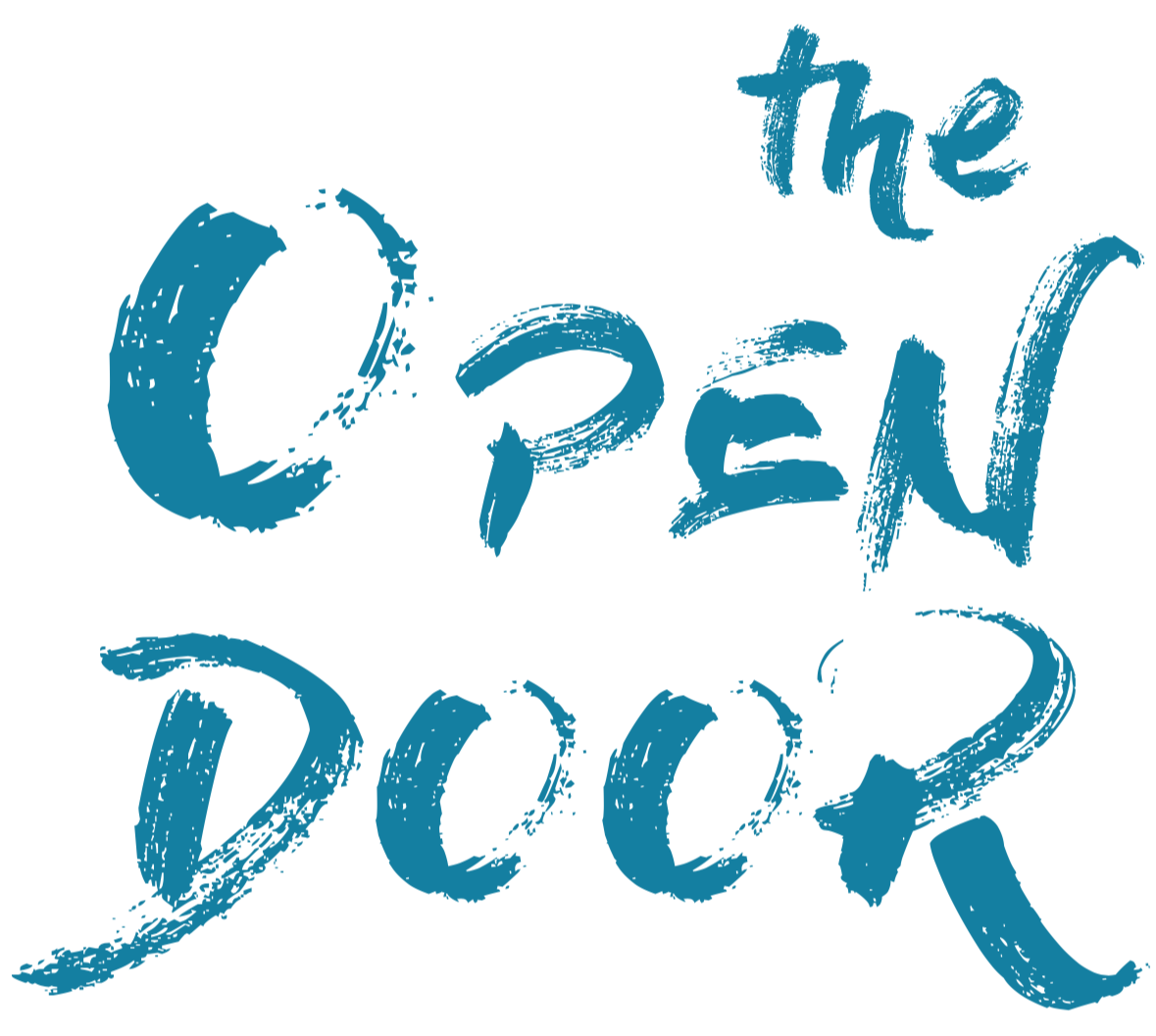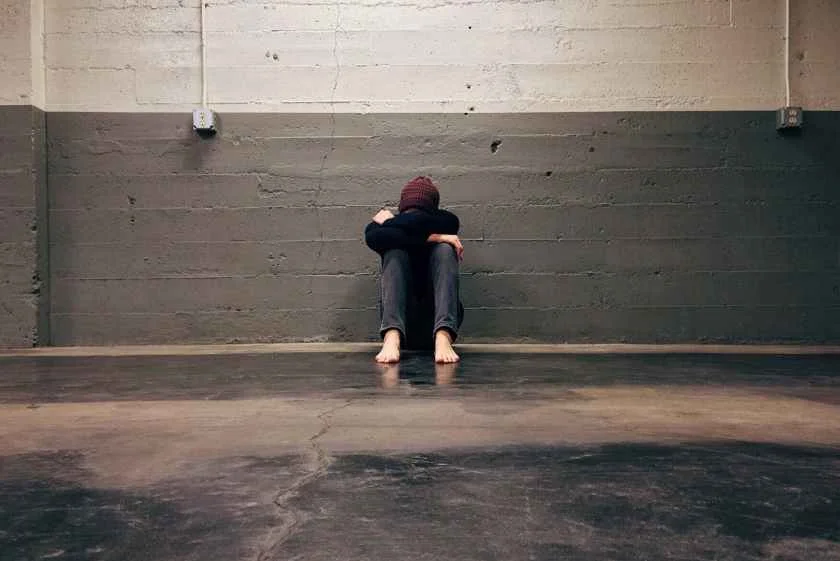There is ample evidence that Psychotherapy, in all its many manifestations, changes lives and even saves lives. But what is it that takes place between a therapist and his or her client that has the power to bring about such dramatic change? This question is addressed in a very recent article in the Guardian (originally published in the online magazine Aeon) that can be read here through clicking on the link below. It was brought to our attention by Ian Hickey, an Educational Psychotherapist who works with children, young people and families at The Open Door in collaboration with Amanda Fletcher. Their joint practice is called Thinking Families. The Blog Page welcomes comments from anyone who would like to support, or take issue with, any of the views expressed in this article (it’s quite long but well worth the read!).
Read MoreBy Jo Magowan - Runner-up in The Green Parent magazine 2019 Writing Competition
It was my middle child, Sam who outed me as a professional homeopath. It happened during his class assembly in front of the entire school and a bunch of other year 3 parents. Their topic was “All about me” and they’d been learning about the human body, relationships and family trees. The whole class was on stage - some children spoke about their hobbies, others showed off their self-portraits. But Sam had chosen to talk about his family. This is when he announced my vital stats. “My mum is from Yorkshire. She likes cappuccinos and she is a homeopath”. And just like that, it was official.
I realised at that moment that I was re-emerging as an individual after almost ten years of motherhood. Ten years of glorious, exhausting, life-affirming, all-consuming motherhood.
Read MoreI hate feeling cold and always struggle during the winter months. My urge to curl up into a little ball and retreat is strong, but clearly impractical! That’s why I love this photo of the girl defying the weather.
Everyone else is pulled down, closed in, isolated in their chilliness. But the girl with the colourful blanket (no doubt she is also wearing sensible thermals) is engaged with the world around her. She is calm, alert, and waiting for the train.
Why does this girl stand out? Unlike her fellow travellers, she’s aware of what’s happening around her. If I needed to know something, I’d ask her, not simply because the colours of the blanket mark her out, but because she appears receptive and happy to engage with another person.
During the 20th century, a very physical approach to yoga (with the invention of many new and varied postures – ‘asana’ in Sanskrit) enjoyed a huge surge in popularity in the West, which led many people to think of yoga as a system of exercises to tone, stretch and relax the body.
However, traditionally yoga has a much broader meaning. Within this word ‘yoga’ lies the concept of uniting – where two or more principles are joined. For example we can work with the breath, the body and the mind – using them as tools to help us concentrate, improve the quality of our breath, and lead us to a state of physical relaxation and mental clarity. By stilling the ‘chitter-chatter’ of the mind, we are often able to see more clearly and deal with life situations more calmly and more effectively.
Joseph Pilates, was born in 1880 near Düsseldorf, Germany. As a child, he was subject to numerous illnesses which gave him the determination to be strong and healthy. He took up body-building, boxing and gymnastics to the point where by his teens he was getting work as a model for anatomical drawings. He explored and practised every kind of exercise he could and studied both Western and Eastern ideas about health and physical fitness and recorded the results. Dedicated to his task, he also practised the Eastern disciplines of yoga, tai chi, martial arts and Zen meditation. Additionally, he studied anatomy and animal movements.
In 1912 he travelled to England as a circus performer and self-defence trainer. When World War I broke out, he was interned in a camp on the Isle of Man. There, he developed a fitness programme for his fellow internees in order to maintain their health and fitness levels whilst being held in confinement. During his internment, he began devising apparatus to help in the rehabilitation of the sick and injured. The legacy of which can be seen in apparatus, such as the reformer and cadillac, both of which are fashioned around the shape of bed frame. Although, there are many fully equipped studios around the world, most people are more familiar with the repertoire on the mat.
Read MoreA course for a real connection with your spirit
This ongoing course of evening groups foster an ongoing and intimate connection with your spirit. If you are looking for a close fellowship with your spirit in your life, these ongoing sessions can help you realise that.
Rooted in practical experiential methods such as Spiritual Unity attunement, Internal Alchemy meditations, and heart-centered communion practices, these fortnightly meetings will assist you to:
Realise your spiritual potential
Access your innate spiritual resources
Cultivate a trusting alliance with your spirit
Drop deep into your heart to feel the love and presence of your spirit
Let go and relax in your spirit to feel held, nurtured, comforted and healed
Open up to experience a deeper oneness with the One/Whole
Ellen Hendriksen writes in her book on Social Anxiety, ‘How to Be Yourself’, that part of what drives social anxiety is a kind of social perfectionism.
Perfectionism. Well, it’s all about being perfect; impossibly high standards that one rarely manages to quite meet, leaving you in a cycle of unsteady highs followed by shame, self-criticism and depression, all against the backdrop of ever-increasing anxiety.
Read MoreHow are you feeling right now?
Do you feel overwhelmed with life and hope that mindfulness will show you how to avoid what feels like an emotional avalanche?
Are you moving through your days in top gear without being able to shift down? Or the reverse, do you feel stuck and unable to gain any motivation to get going?
Has a life event just happened that has made you stop and look at your life and its relentless business? Have you noticed symptoms of panic, stress, anxiety, depression or unexplained pain?
Have you been using addictive behaviours of over eating, drinking too much alcohol or shopping to change the way you feel?
Does any of this sound familiar? If so, this mindfulness course if for you!
Read MoreEating is a very complex activity, and many of us have a poor relationship with food. In our busy lives we often don’t pay enough attention to the experience of eating, and this can lead to a loss of enjoyment of food, a chaotic style of eating, and over- or under-eating.
We have lost the ability to eat when we’re hungry rather than according to the clock, and to stop when we’re full. Most of us are familiar with comfort eating, of being persuaded to have another piece of cake when we don’t really want it, of being tempted to eat more than we need at a party, or of eating whilst surfing the internet or watching TV.
Read More








